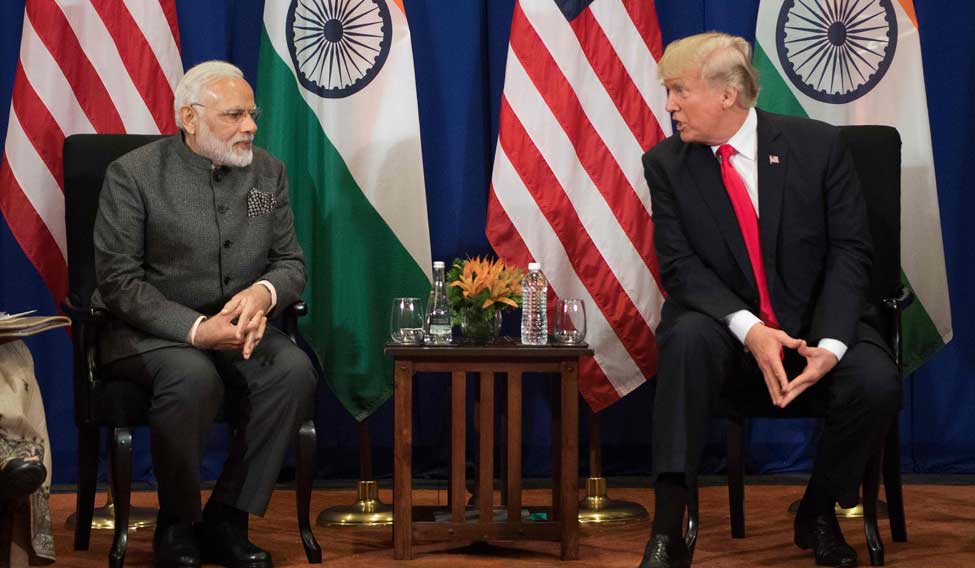The revival of Quad – a group of countries including USA, Japan, Australia and India – on the sidelines of the recently concluded ASEAN and East Asian Summit in Manila, took foreign policy watchers by surprise. The sudden rejig of the Quad alliance is widely seen as a mechanism to counter the growing influence of China in the Asia-Pacific region.
The Quad 'reunion' comes at a time when the United States President, Donald J. Trump, finds himself stranded in formulating a new Asia-Pacific policy which looks beyond his predecessor Barack Obama's much talked about 'Pivot to Asia' strategy. The most interesting development in Trump's Asian tour is his administration's extensive use of the terminology “Indo-Pacific” instead of “Asia-Pacific.”
The use of the terminology by the POTUS himself, echoeing his Secretary of State, Rex Tillerson, necessarily implies that China is not the only centre of geopolitical gravity in the region, and also India would have a prominent role in Trump's 'grand' plan ensuring stability in the region. The subsequent regrouping of Quad consolidated such an assessment.
Though, all the four countries acted very cautiously not to make the meeting sound like an anti-China platform, the Chinese media reacted with scepticism. “The 'Indo-Pacific' label did not break the traditional framework of the US' Asia strategy. Compared with 'Asia-Pacific,' 'Indo-Pacific' merely indicates a readjustment of US' strategic view and strategic focus, while providing India with a role. Most US strategists and public opinion makers believe the rebalancing strategy has failed to encircle, let alone contain China's rise. The idea of 'Indo-Pacific' is a fresh one, but if reviewed carefully, it appears as another empty slogan. What is most important is that China is the biggest trade partner of all four countries,” an editorial in the Chinese state controlled Global Times said.
The editorial went on to deride the Quad initiative which got revived at a time when China is emerging as a prominent global player through its much touted Belt and Road Initiative. “The US and Japan have little leverage to play geopolitical games in the region, and few countries are willing to fall into the orbit of Washington and Tokyo,” it added. Many Chinese experts have warned that the new move may also mean the United States trying to sell more weapons to members of the Quad.
The very idea of Quad was floated by Japanese Prime Minister Shinzo Abe in 2007, but the idea failed to take off with the subsequent withdrawal of Australia. But the dialogue always remained alive with the joint military exercises named Exercise Malabar.
So far, India too had reacted cautiously to the Quad meet. “This is a part of today's diplomacy which countries do. Different countries do quads, do trilaterals. US does a number of trilaterals and quadrilaterals. Chinese also do a quadrilateral. So today if you look at diplomacy, diplomacy is not just multilateral and bilateral. There is a lot of space in between for different combinations which suit different players at different times on different issues. So this is the changing nature of diplomacy today and I would hope that all of you understand,” Foreign Secretary S. Jaishankar said.
The idea of Quad fits well into India's Act East policy and its larger foreign policy framework. But India needs to find a middle ground balancing out China, especially after the two nuclear powers locked horns on a border dispute in Doklam and considering China's growing influence over India's arch rival, Pakistan. Nonetheless, the Quad will be seen as anti-China grouping which has the potential to undermine the well structured security apparatus reflected by the ASEAN centric institutions in the Asia-Pacific region. Prime Minister Narendra Modi has already invited heads of 10 member states of ASEAN for India's Republic Day celebration next year, which is expected to be a show of strength.





